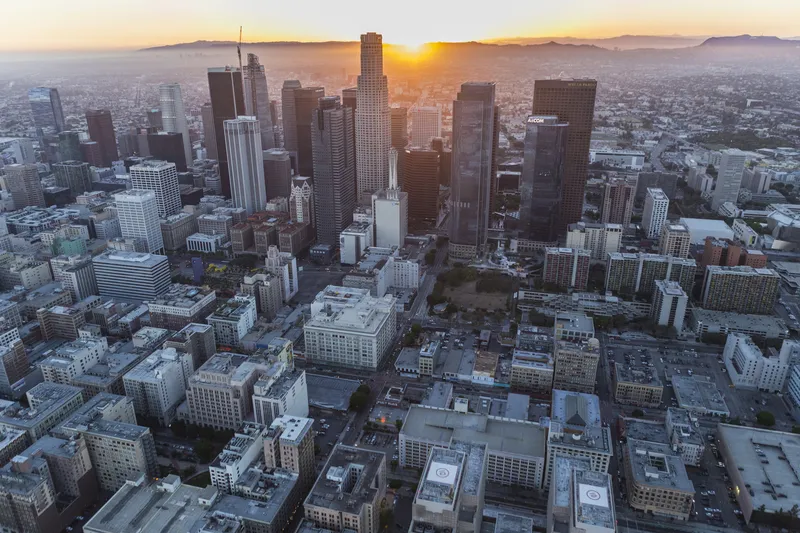US Transportation Secretary Anthony Foxx and China’s Minister of Transport Yang Chuantang unveiled the US-China Race to Zero Emissions (R2ZE) Challenge during the eighth US-China Transportation Forum in Los Angeles and invited cities and transit agencies in the two countries to join in.
The R2ZE Challenge is a collaborative and friendly competition that encourages cities and metropolitan transit districts in the US and China to deploy innovative and advanced non-polluting zero emission buses (ZEBs) in th
June 6, 2016
Read time: 2 mins
US Transportation Secretary Anthony Foxx and China’s Minister of Transport Yang Chuantang unveiled the US-China Race to Zero Emissions (R2ZE) Challenge during the eighth US-China Transportation Forum in Los Angeles and invited cities and transit agencies in the two countries to join in.
The R2ZE Challenge is a collaborative and friendly competition that encourages cities and metropolitan transit districts in the US and China to deploy innovative and advanced non-polluting zero emission buses (ZEBs) in their transit systems.
Secretary Foxx and Minister Yang Chuantang also signed a Memorandum of Cooperation to further cement the transportation partnership between the two countries and their cooperation in other areas of mutual interest. These areas of interest include safety, innovation and technology, energy efficiency, urban congestion, and public private partnerships.
The Race to Zero Emissions Challenge aims to reduce greenhouse gas and criteria emissions while fostering demand and innovation for zero emission heavy-duty vehicle technology. The R2ZE Challenge calls for a long-term commitment by transit agencies to expand green-energy transit fleets with interim targets and a finish line.
The targets are considered met when buses are deployed and remain in revenue service on an annual basis. Each target is based on the percentage of the operator’s bus fleet in revenue service that produces zero tailpipe emissions. In both the US and China, the goal is to have at least 35 per cent of a participating city’s bus fleet comprised of ZEBs by 2025.
The R2ZE Challenge is a collaborative and friendly competition that encourages cities and metropolitan transit districts in the US and China to deploy innovative and advanced non-polluting zero emission buses (ZEBs) in their transit systems.
Secretary Foxx and Minister Yang Chuantang also signed a Memorandum of Cooperation to further cement the transportation partnership between the two countries and their cooperation in other areas of mutual interest. These areas of interest include safety, innovation and technology, energy efficiency, urban congestion, and public private partnerships.
The Race to Zero Emissions Challenge aims to reduce greenhouse gas and criteria emissions while fostering demand and innovation for zero emission heavy-duty vehicle technology. The R2ZE Challenge calls for a long-term commitment by transit agencies to expand green-energy transit fleets with interim targets and a finish line.
The targets are considered met when buses are deployed and remain in revenue service on an annual basis. Each target is based on the percentage of the operator’s bus fleet in revenue service that produces zero tailpipe emissions. In both the US and China, the goal is to have at least 35 per cent of a participating city’s bus fleet comprised of ZEBs by 2025.









